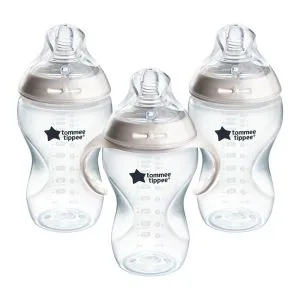Naming a human being is a huge deal! Feeling overwhelmed? You're not alone. But don’t worry, we’ve got you.
Choosing a name for your baby is one of the most significant and exciting decisions you'll make as a parent. It's a name they'll carry throughout their life, a word that will shape their identity and how the world sees them.
But with tons of options out there – from classic to modern, and family traditions to popular trends – where do you even start?
What to think about before you start picking baby names
Before you jump headfirst into endless lists of baby girl names and baby boy names, let's take a step back and consider a few key things.
We've put together this guide to walk you through the essential groundwork, helping you navigate the wonderful (and sometimes stressful) journey of choosing a name for your baby.
Partner communication
Naming a baby can sometimes be tricky, especially when you and your partner have different ideas. That's where good old-fashioned talking comes in. During times like these, open communication – and a little compromise – will go a long way!
Try brainstorming together, make a shared list of names you both like or dig into your family history for unique options. Just keep communicating, share your opinions, and you'll find a name that clicks for both of you.
Family and cultural heritage
Many new parents love honoring their roots by using traditional names, or even passing down a beloved family name. It's a beautiful way to connect your child to their heritage.
However, you might need to be prepared for potential family disagreements about certain names and continuing the family line. It’s important to have those conversations early and respectfully. Set boundaries if needed, and remember, it's your baby, after all.
Girl names, boy names, or gender-neutral names?
Another key point to consider is whether you want a classic "boy" or "girl" name, or if you're leaning towards something more gender-neutral.
Times are changing, and there's a whole world of names out there that break the traditional molds. Maybe you love the sound of a traditionally masculine name for a girl, or vice versa. It's all about what feels authentic to you and your partner.
Future-proofing your baby's name
Let's look ahead a bit. If you've got some baby names in mind, it's a good idea to think about how they will sound when attached to an adult.
It’s also worth considering what your baby’s initials will be. You don't want your child to end up with unfortunate initials. And don't forget nicknames. Do your shortlisted names lend themselves to any nice nicknames?











